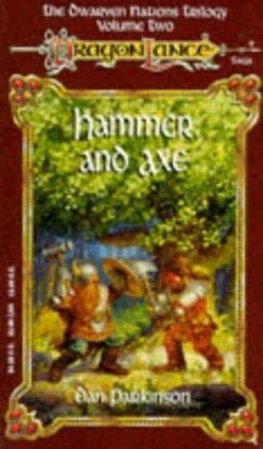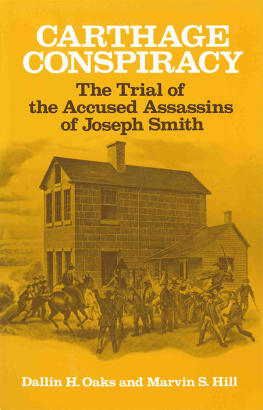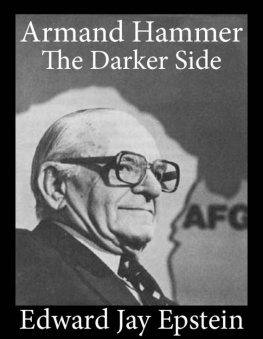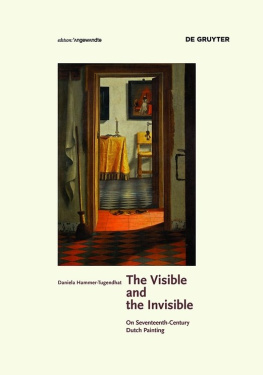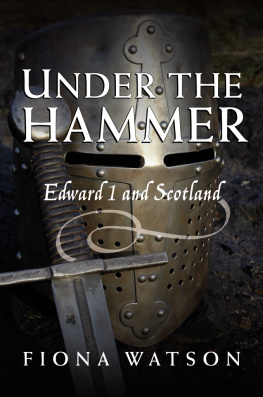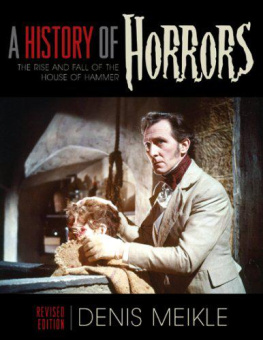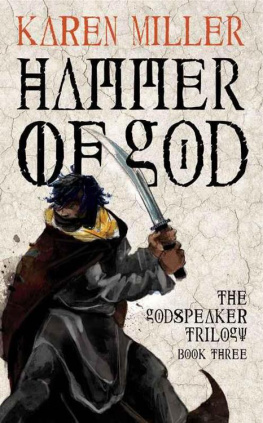BOOK I.
..................
INTRODUCTIONMOHAMMED, FOUNDER OF ISLAMISMEXHIBITION OF its doctrines and of its different sects, from one of which (the Ismailites) the Assassins sprung.
A lthough the affairs of kingdoms and of nations, like the revolutions of day and night, are generally repeated in countless and continued successions, we, nevertheless, in our survey of the destinies of the human race, encounter single great and important events, which, fertilizing like springs, or devastating like volcanoes, interrupt the uniform wilderness of history. The more flowery the strand,the more desolating the lava,the rarer and more worthy objects do they become to the curiosity of travellers, and the narratives of their guides. The incredible, which has never been witnessed, but is nevertheless true, affords the richest materials for historical composition, providing the sources be authentic and accessible. Of all events, the account of which, since history has been written, has descended to us, one of the most singular and wonderful is the establishment of the dominion of the Assassinsthat imperium in imperio , which, by blind subjection, shook despotism to its foundations; that union of impostors and dupes which, under the mask of a more austere creed and severer morals, undermined all religion and morality; that order of murderers, beneath whose daggers the lords of nations fell; all powerful, because, for the space of three centuries, they were universally dreaded, until the den of ruffians fell with the khaliphate, to whom, as the centre of spiritual and temporal power, it had at the outset sworn destruction, and by whose ruins it was itself overwhelmed. The history of this empire of conspirators is solitary, and without parallel; compared to it, all earlier and later secret combinations and predatory states are crude attempts or unsuccessful imitations.
Notwithstanding the wide space, to the extremest east and west, over which the name of Assassins (of whose origin more hereafter) has spread, and that in all the European languages it has obtained and preserved the same meaning as the word murderer , little has hitherto been made known, in consecutive order, or satisfactory representation, of their achievements and fortunes, of their religious or civil codes. What the Byzantines, the Crusaders, and Marco Polo related of them, was long considered a groundless legend, and an oriental fiction. The narrations of the latter have not been less doubted and oppugned, than the traditions of Herodotus concerning the countries and nations of antiquity. The more, however, the east is opened by the study of languages and by travel, the greater confirmation do these venerable records of history and geography receive; and the veracity of the father of modern travel, like that of the father of ancient history, only shines with the greater lustre.
Philological and historical, chronological and topographical researches, instituted by Falconet and Silvestre de Sacy, Quatremre, and Rousseau; outlines of European and oriental history, like those of Dguignes and Herbelot; the very recent history of the Crusades, by Wilken, compiled from the most ancient documents of the narrating Crusaders, and cotemporary Arabians; smooth the path of the historian of the Assassins; which name, neither Withof nor Mariti deserve; the former, on account of his gossipping partiality, and the latter, by reason of his meagreness and obscurity. Even after Abulfedas Arabic, and Mirkhonds Persian historical work, of which A. Jourdain has given a valuable extract on the dynasty of the Ismailites, other oriental sources, almost unknown, claim the attention of the historian. Among the Arabic areMacrisis, large Egyptian Topography, and Ibn Khaleduns Political Prolegomena: Hadji Khalfas invaluable Geography and Chronological Tables; the Khaliphs Bed of Roses, by Nasmisade; The Two Collectors of Histories and Narrations, by Mohammed the Secretary, and Mohammed Elaufi; The Explanation and Selection of Histories, by Hessarfenn and Mohammed Effendi, among the Turkish: and among the Persian, The Universal History of Lari; The Gallery of Pictures of Ghaffari, a master-piece of historical art and style; The History of Wassaf, the Conqueror of the World, by Jowaini; The Biographies of the Poets, by Devletshah; The History of Thaberistan and Masenderan, by Sahireddin; and, lastly, The Counsels for Kings, by Jelali of Kain, are the principal.
He, who possesses the advantage of drawing from these oriental sources, which, for the most part, remain concealed from the western world, will be astonished at the richness of the treasures still to be brought to light. There lie open before himthe sovereignty of the great monarchies converging into one point; the power of single dynasties, shooting out into a thousand rays; the fabulous chronologies of the most ancient, and the exact annals of the most modern empires; the period of ignorance anterior to the prophet, and the days of knowledge that succeeded; the wonders of the Persians; the feats of the Arabs; the universally ravaging and desolating spirit of the Mongols; and the political wisdom of the Ottomans. Amidst such an abundance, the miners strength appears too small, and his life too short, to enable him to avail himself of all: and moreover, the very excess of riches renders selection difficult. Which vein is he first to open, and from which mass is he first to extract the ore for the manufacture of historic art? Nowhere in the labyrinthine treasury of the east will he find a perfect work, but only rich materials for the construction of his edifice. His choice is determined by accident or predilection. What is new and important always finds a sale; and the market is never glutted with building materials, at a time when architecture flourishes.
An Arabian proverb says, The building stone is not left lying in the road. If it be indifferent to the historical investigator, who is eager for knowledge, and to whom sources are accessible, with what and to what end he begins his labour, it is by no means so with the conscientious historian, who only works with pleasure where all known sources are at his command, and when accuracy may, for the future, spare him the charge of incompleteness. In this point of view, the serried ranks of oriental histories are thinned at once. Where, either in the west or the east, is the library, which contains the works so necessary to the complete treatment of the most important oriental epochs,works which, as yet, are known only by their names, and not by their contents? Who, for example, could precisely and circumstantially describe the history of the Khalifat, the dominion of the families Ben Ommia and Abbas, and their capitals, so long as he had not read the History of Bagdad, by Ibn Khatib, and that of Damascus, by Ibn Assaker,the former in sixty, the latter in eighty volumes? Who could write the History of Egypt, if he has not at hand, besides Macrisi, the numerous works which he consulted?



